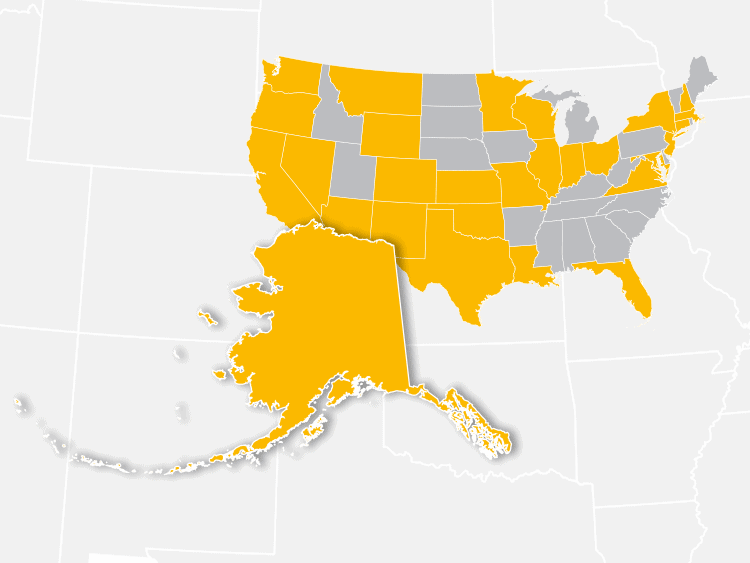We are thrilled to share that Governor Bill Walker and the Alaska Department of Education and Early Development (DEED) launched the Alaska K-12 Broadband Initiative today. Following Alaska’s commitment to modernizing their education system through Alaska’s Education Challenge, this Initiative will focus on increasing broadband access for public schools so that all Alaskan students have the opportunity to learn and succeed.
Today, Governor Walker announced, “The internet is the electricity of the 21st century, and a quality education requires connectivity. The K-12 Broadband Initiative will help us achieve our goal of ensuring every Alaska school has the access they need to provide our students with the education they deserve.”
Currently, an estimated 59,107 Alaska students lack the bandwidth needed to support the integration of technology into classroom instruction. In addition, approximately 123 schools still need access to scalable technology infrastructure, such as fiber. While Alaska’s schools deal with connectivity challenges familiar to many of their rural peers throughout the U.S, they face added environmental and geographic difficulties when planning IT projects. For example, many schools are separated by water, mountains, and vast areas of tundra. In addition, factors such as extreme temperatures, avalanches, and wildlife must be considered when planning new infrastructure. Despite these challenges, our partnership seeks to close the connectivity gap for schools, with the mutual goal of supporting equitable access to high-speed Internet no matter a school’s geographic location.
Our team, in partnership with DEED, has already started visiting with school district leaders across the state to better understand their unique challenges in connecting their students and staff. Over the next few months, we look forward to working with the broader educational community to support school districts in obtaining scalable infrastructure, affordable bandwidth, and robust Wi-Fi for every classroom. Some key actions will include:
- Supporting the planning of broadband and internal network upgrades
- Conducting research and outreach for technology and service provider options
- Sharing best practices for E-rate Request for Proposals strategy
- Assisting with evaluation of bids to help select the best solution
To find out more about our partnership, please follow us on Twitter and Facebook.




